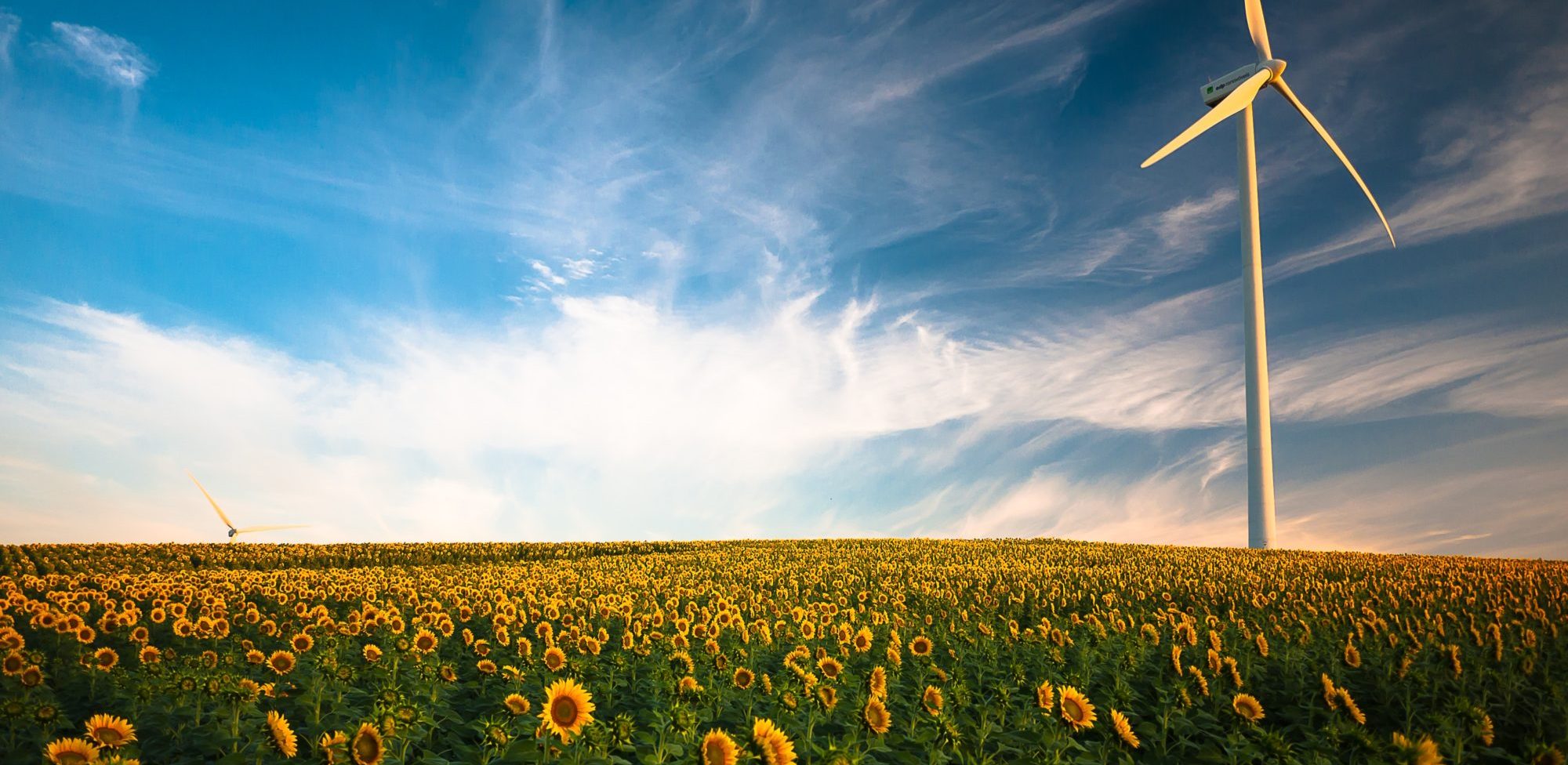
So many people are currently feeling thrown off track and out of control, due to global or local events. Some are living in constant anxiety. Then there are some using this time of uncertainty as an opportunity to submerge themselves and become lost in an activity that calls to them.
This isn’t just escapism. It is uplifting and strengthening. It is a priceless experience to submit oneself to a state of complete immersion in an activity that seems to take on a life of its own, moving you, guiding you smoothly and deftly, avoiding rocks or bumps like a flowing stream. This is the world of ‘Flow’. Optimize this ‘down time’ to step into flow, notwithstanding the turmoil around you. “It is better to look suffering straight in the eye, acknowledge and respect its presence, and then get busy as soon as possible focusing on things we choose to focus on.”
The concept of ‘Flow’ was introduced by Positive Psychologist, Mihályi Csíkszentmihályi in his book Flow: The Psychology of Optimal Experience. He describes it as a state of consciousness “in which people are so involved in an activity that nothing else seems to matter; the experience is so enjoyable that people will continue to do it even at great cost, for the sheer sake of doing it” (1990). He believes this is when people are the happiest. Listen to his TED talk here.
In his book Good Business: Leadership, Flow and the making of Meaning, 2004, Csíkszentmihályi says surveys showed 15-20% adults never experience flow | 15-20% experience it every day | 60-70% report being intensely involved in work once a week or once every few months. Obviously, there is large room for improvement in the work environment to foster both joy and innovation. “A single moment of flow lifts the spirit momentarily. When experienced over time flow helps make a person unique and indispensable.”
To generate and maintain a state of Flow certain conditions have to be present. Of the 9 factors that encompass this state of consciousness, here are the first three:
- There are clear goals every step of the way.
- There is immediate feedback to one’s actions.
- There is a balance between challenges and skills.
1. You have to be involved in an activity with a clear set of goals: this gives you direction. Monitor your progress with smaller, tangible action steps: this gives you structure.
2. The task at hand must have clear, explicit, unambiguous and immediate feedback. This helps you negotiate any changing demands of the activity and allows you to adjust your performance to maintain your flow state. In fields such as art, music, or sports, immediate feedback is received from our physical senses and we can self-correct: such as excess paint on canvas | off key playing of the violin | foul shot in basketball. But in mental activities other creative ways of delivering immediate feedback are needed: such as ‘flipped classrooms’ using video lectures in education supplementing a teacher’s presence.
3. You require a good balance between perceived challenges (demands) of the activity and your own perceived skills (abilities). You want confidence that you are capable of doing the task at hand. If the challenge is greater than the skills you possess, it heightens anxiety. If your skills are greater than the challenge you face, it creates boredom. A healthy balance between the two is the sweet spot for success.
“Clearly it would be impossible to be in flow all the time. For the rhythms of life do not allow it. We have to rest.” (Csíkszentmihályi). In other words don’t set your sights on a pipe dream of being constantly in a state of flow. Your regular routines are par for the course, accept and engage in those willingly. In addition, create the above mentioned conditions for the activity you most want to engage in, be it work or personal interest. You are thereby setting the stage for accessing Flow.
You must have experienced it sometime in life when you were totally unselfconscious, or least expecting it. Now you can create new, purposeful, definite possibilities. Build your psychological capital. The author differentiates between enjoyment as capital and pleasure as consumption. You want to accumulate joy by being in flow that makes deposits in your emotional bank.
Go ahead, give yourself permission to experience the pure, unadulterated joy of being in Flow. Get into your zone!

